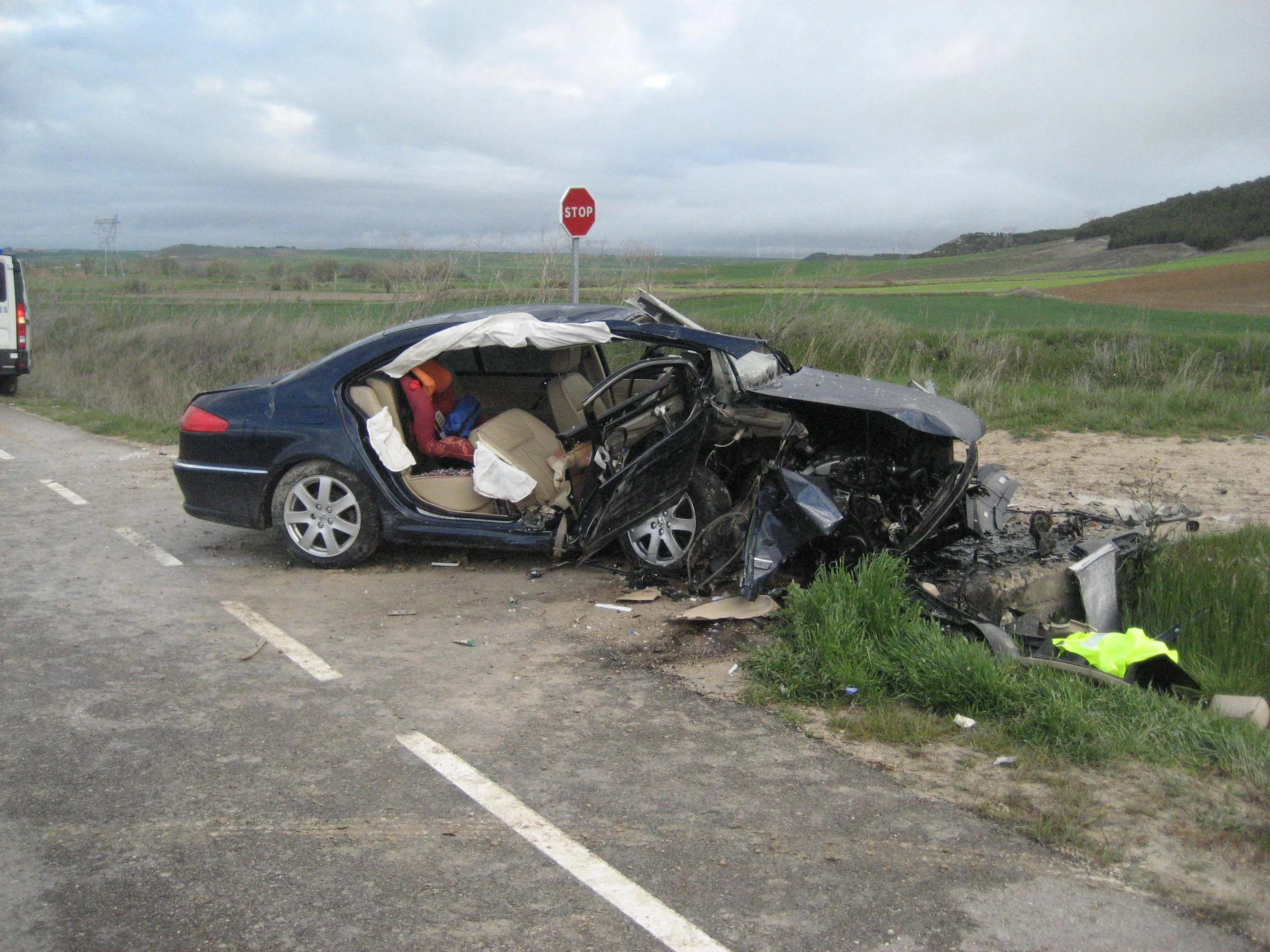EU plans for all new cars to be fitted with automated emergency call devices (eCall) moved a step closer today following a vote by the European Parliament's transport committee.
The European Transport Safety Council (ETSC), representing safety campaigners and experts across the EU, welcomed the latest development.
Antonio Avenoso, executive director of ETSC said, "After a serious car crash, every second counts. This system has the potential to save many lives because it will enable the emergency services
December 17, 2013
Read time: 2 mins
The
Antonio Avenoso, executive director of ETSC said, "After a serious car crash, every second counts. This system has the potential to save many lives because it will enable the emergency services to respond quicker.
"The European Parliament has been a strong supporter of eCall, it's important that Parliament negotiators continue to support the strongest possible implementation of the technology during negotiations with member states on the final deal.
"This technology should not be limited to cars, it also needs to be extended to other vehicles, including lorries, buses and ultimately motorcycles."
The transport committee also urged member states to run awareness campaigns in advance of the system's introduction.
The eCall package of legislation also includes requirements for eCall devices to be approved under the European type approval system - this will be a subject to a vote in the parliament's Internal Market committee on 23 January 2014. Before becoming law, a deal will need to be struck with member state transport ministers and approved by the full parliament.






